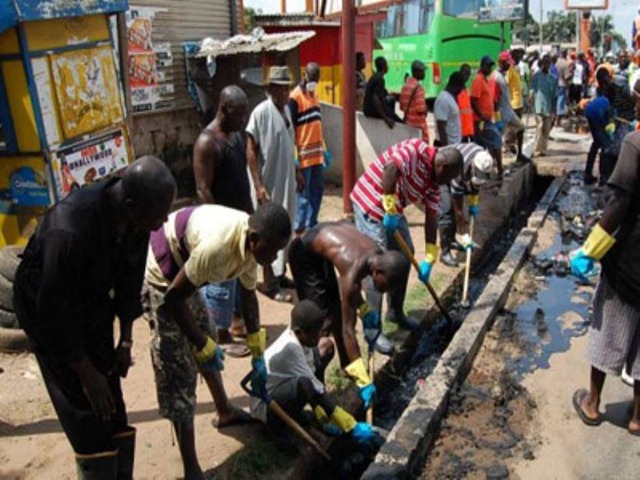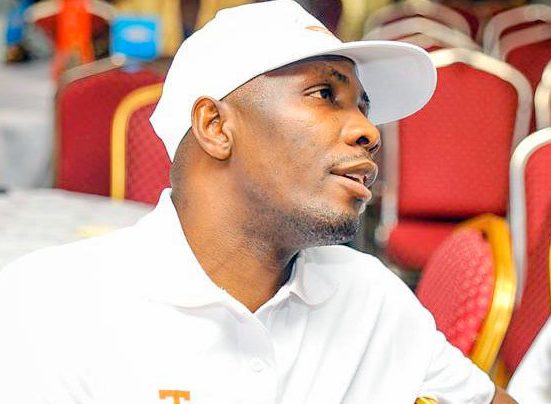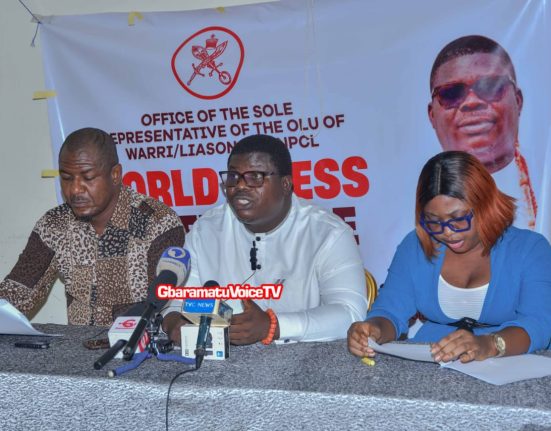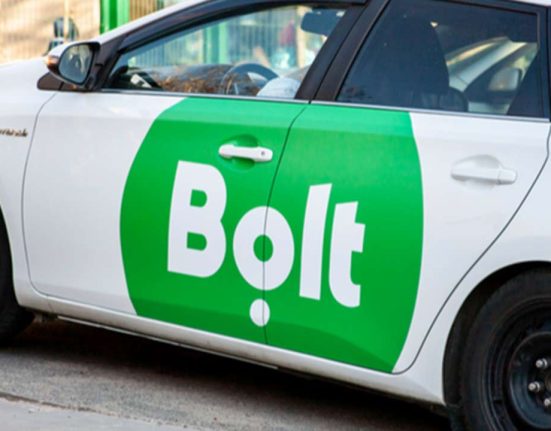By Shina Badmus
It is a fact that a clean environment brings about a healthy environment. Hence, environmental sanitation has been formally defined as activities aimed at improving or maintaining the standard of basic environmental conditions affecting the well-being of people.
According to Robert Stock, since the demise of the second Republic in 1983, environmental sanitation has become a prominent issue in Nigeria. Countless sanitation edicts have been promulgated by state governments but many of these edicts have at least temporarily had considerable impact on the lives of citizens in the major cities.
The states’ preoccupation with sanitation reached a peak in 1985 during the latter months of the Buhari regime.
Environmental sanitation was chosen as the theme for the fifth phase of the War Against Indiscipline (WAI), which was launched in Kano on the 29th July, 1985, by the then Chief of Staff, Supreme Headquarters, Major-General Tunde Idiagbon. He announced that a one million naira prize would be awarded to the cleanest capital.
Now, thirty years after this programme’s initiation, it would seem that Delta state government is not relenting but still keying into the initiative.
Warri mega city, one of the richest, influential and well known city in Delta State, has also been observed to be the dirtiest in the state. Its streets, mostly littered with all kinds of dirts such as pure water nylon, plastic bottles, baby pampers, amongst others. It can also be noticed that its drainage system remains stagnant due to the blockage by these types of dirts.
Looking beyond such negativity, the people of Warri have remained resilient in their pursuit for a clean environment. It is no doubt that on every last Saturday of the month, you see people come out in large numbers to observe the nationwide environmental sanitation that was stipulated years ago.
For a state that has mostly been looked upon as violent and the people tagged as stiff-necked, it remains remarkable for them working in compliance with the local authorities to ensure their environment is kept clean.
Walking through the lonely road of Okere to Estate and down through Airport road, it is observed that vehicles, both private and public, are on halt; the only movement you see are from tricycles popularly referred to as ‘Keke’.
The police are always active, lying in wait for those who disobey the law, which states that movement of anyone, or thing, as the case may be, should be on a pause from 7am to 10am on the last Saturday of a month which is about the time the sanitation ends.
Getting to the popular Okere market in Warri South Local Government Area of Delta, a place mostly filled with market women and men, presented an outlook of emptiness. It is safe to presume that they would be in their homes adhering to the ‘no movement’ law in place.
Passing through Ugborikoko road, it can be clearly seen that both young and old men are in constant battle with their drainage system, digging deep and clearing blocked channels to ensure smooth flow of water and that it is well structured to accommodate the water level brought by the rain, so over flooding can be prevented.
It is surprising to note that the locals not only clear the grasses in their environment, pickup refuse and properly dispose of them, sweeping their environment, but you can also see them going as far as cleaning the major roads.
Although Warri may have been blacklisted as an embodiment of negativity in Nigeria, it can be clearly observed that the people are breaking away from that hold by pointing out with their actions that Warri can be counted among the cleanest cities in Delta as well as Nigeria at large, and also that it is a good place for trade, entertainment, investment and hustle.
Share your story with us: 08030891146 (Whatsapp and SMS only) Email: info@gbaramatuvoicenews.press or gbaramatuvoice@gmail.com. You can also download GbaramatuVoice news app from Google playstore.
Support Quality Journalism in the Niger Delta Region
Join us in our mission to bring development journalism, cultural preservation, and environmental awareness to the forefront. Your contribution makes a difference in the lives of the people of the Niger Delta. Donate today and be a part of the change!










Leave feedback about this
You must be logged in to post a comment.